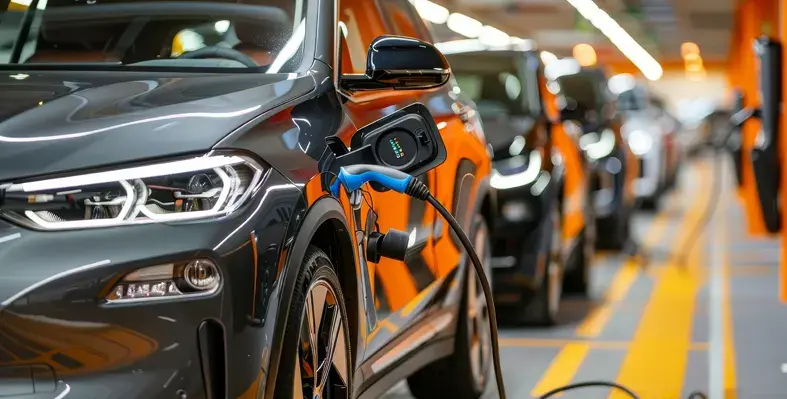Stellantis, a leading automaker that is seeking to provide clean, safe and affordable freedom of mobility, has signed a joint development agreement with Zeta Energy Corp, a company focused on developing rechargeable batteries that are lower cost and sustainably produced, to advance battery cell technology for electric vehicles
The two are seeking to develop lithium-sulphur EV batteries with gravimetric energy density while achieving volumetric energy density comparable to today’s lithium-ion technology. The ambition is to create a lighter battery pack with the same usable energy as contemporary lithium-ion batteries. This is expected to enable greater range, improved handling and enhanced performance as well as having the potential to improving fast-charging speeds by up to 50%. These benefits will make EV ownership more convenient for users as well as costing less than half the price per kWh of current lithium-ion batteries.
“We are very excited to be working with Stellantis on this project,” remarked Tom Pilette, CEO of Zeta Energy. “The combination of Zeta Energy’s lithium-sulphur battery technology with Stellantis’ unrivaled expertise in innovation, global manufacturing and distribution can dramatically improve the performance and cost profile of electric vehicles while increasing the supply chain resiliency for batteries and EVs.”
The collaboration includes both pre-production development and planning for future production. Upon completion of the project, the batteries are targeted to power Stellantis electric vehicles by 2030.
“Our collaboration with Zeta Energy is another step in helping advance our electrification strategy as we work to deliver clean, safe and affordable vehicles,” commented Ned Curic, Stellantis chief engineering and technology officer at Stellantis. “Groundbreaking battery technologies like lithium-sulphur can support Stellantis’ commitment to carbon neutrality by 2038 while ensuring our customers enjoy optimal range, performance and affordability.”












